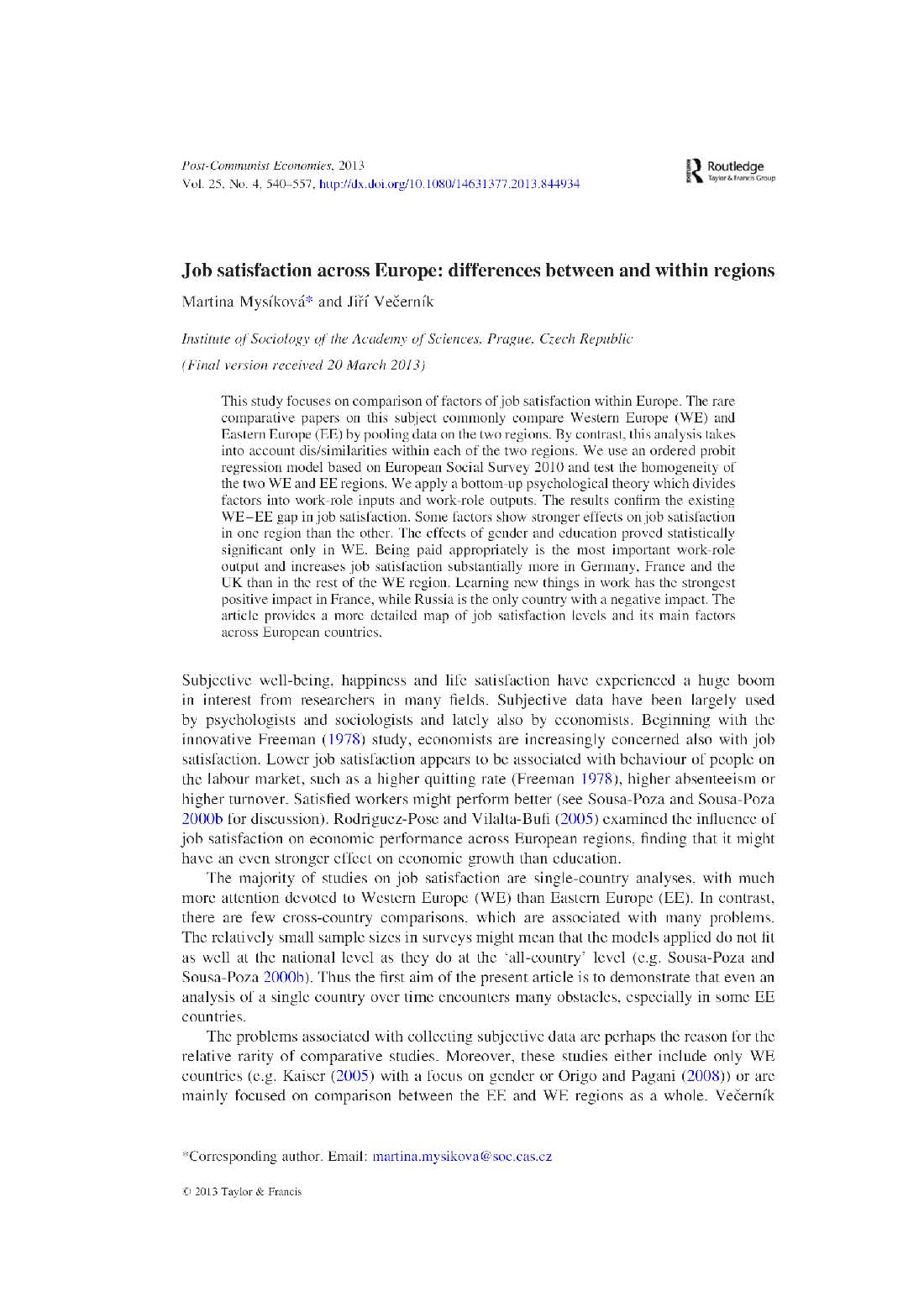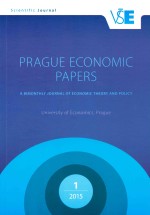Project Duration: 2011 - 2013
The project aims to analyse the links between living conditions and their perceptions in Czech, Hungarian, Polish and Slovak households. After the trends in aggregate indicators of socio-economic development are identified, questions will be raised about the degree and character of congruence among them. Using various data sources on the household level, inequality in and factors of objective well-being will be contrasted with perceived satisfaction by country and period since 1990. Comparative EU surveys will then be analysed to investigate the changing links since 2005 between material well-being and making ends meet both cross-sectionally and longitudinally. Two opposing explanations will be put forth: 1. the objective state is not perceived appropriately, and we should seek the reasons of that 2. objective indicators are insufficient to explain living conditions in a wider sense. The project will conclude by establishing the interactions between objective and subjective indicators that need to be observed by research and considered by policies.
measurement of well-beinghousehold incomesubjective indicatorssatisfaction happiness
Principal Investigator:
Members of the project team:
Topics:
Wages and Incomes, Standard of Living
Contracting authority:
Grant Agency of the Czech Republic
Department:
Related Publications
Paradox "opia lidu". Náboženství a (ne)spokojenost v současné české společnosti.
2013, Zdeněk R. Nešpor
Well-being in the Czech Republic in an Aggregate Perspective
2015, Fialová, Kamila, Štika, Pavel
(Un)happy transition? Subjective Well-being in European Countries in 1991-2008 and Beyond
2014, Večerník, Jiří, Mysíková, Martina
Job Satisfaction across Europe: Differences between and within Regions
2013, Mysíková, Martina, Večerník, Jiří
Gender Wage Gap in the Czech Republic and Central European Countries
2012, Mysíková, Martina


